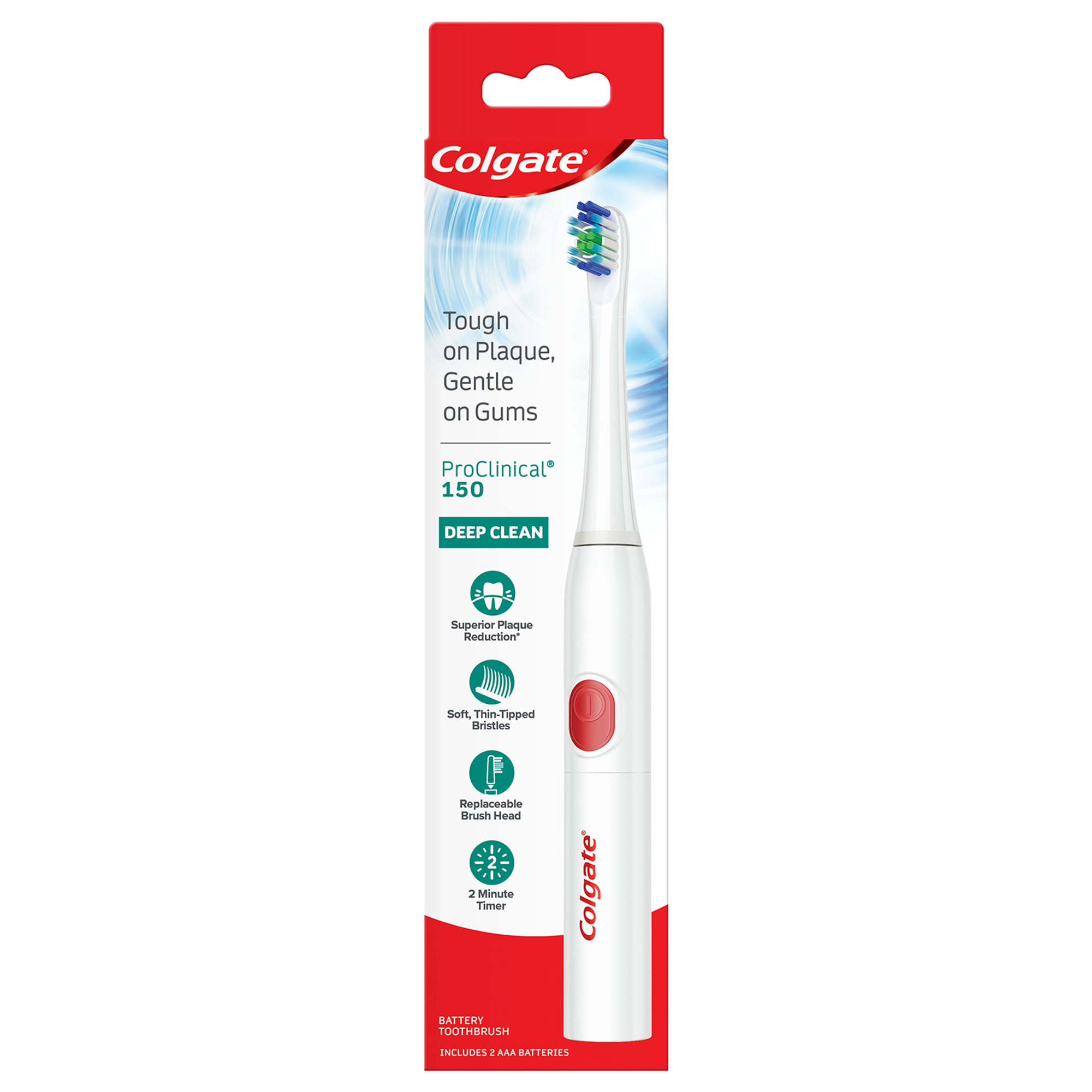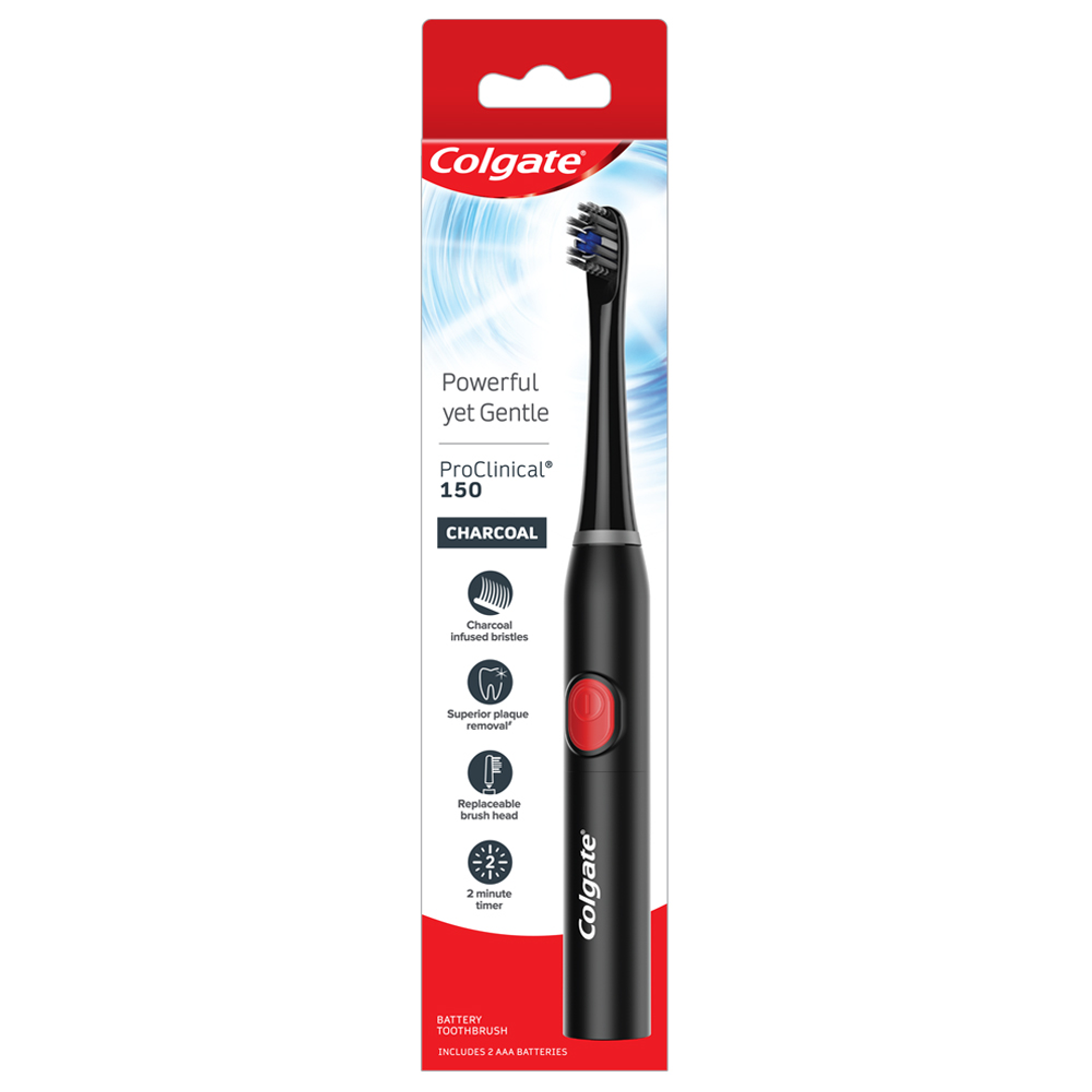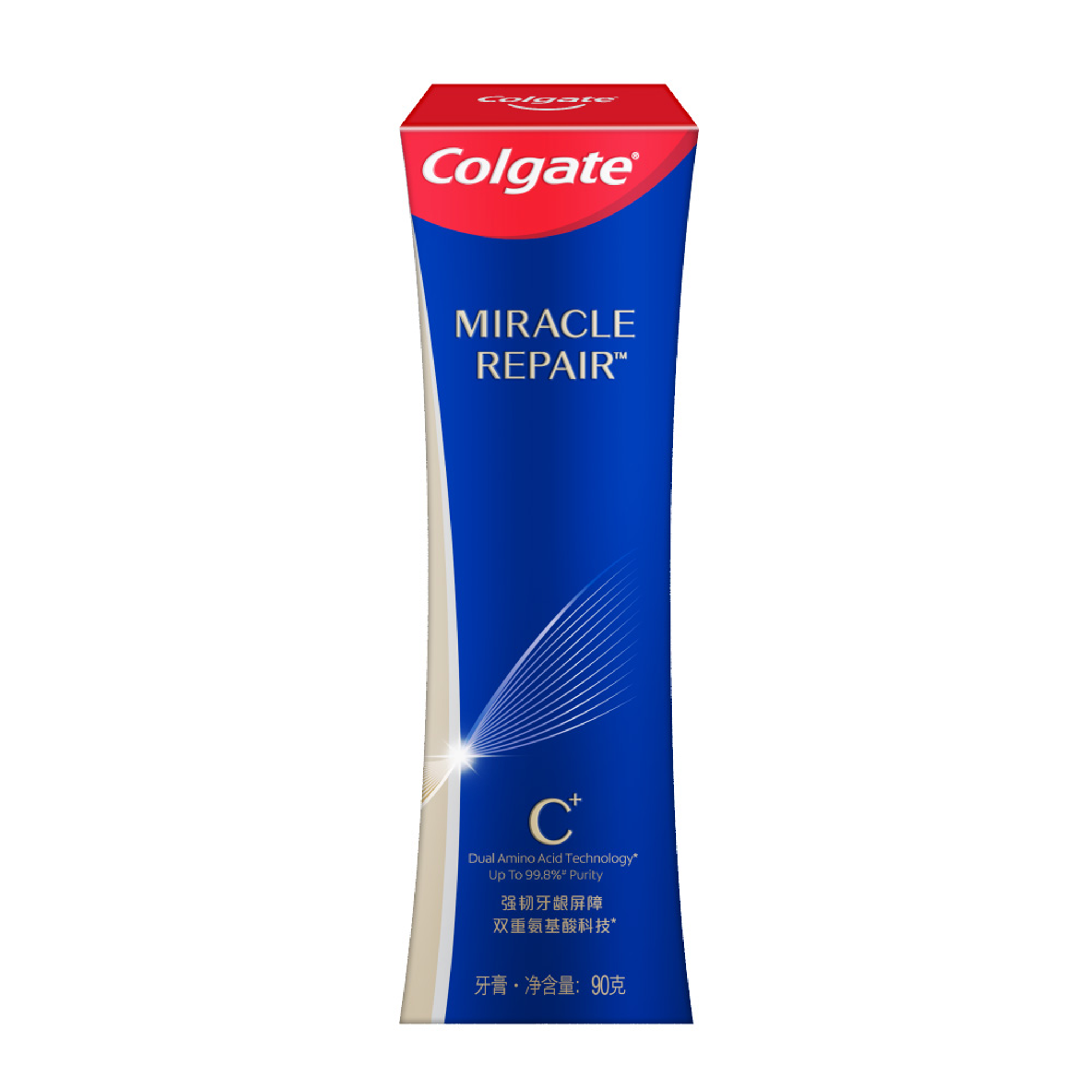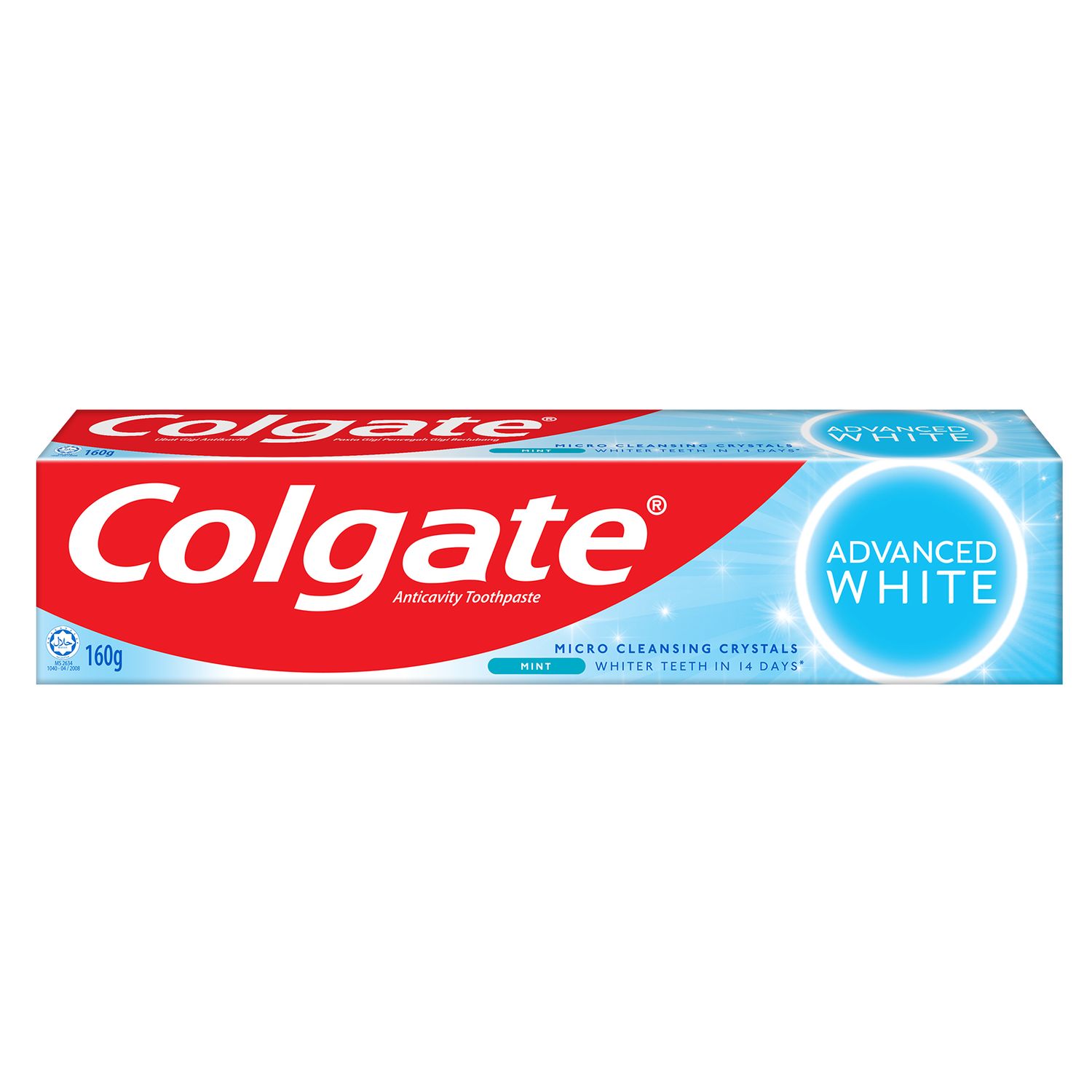-
-

FLUORIDE
Discover how stannous fluoride toothpaste prevents cavities and other oral health issues. Learn the key benefits of fluoride for teeth and its best uses.Fluoride plays a vital role in oral healthcare...

TEETH WHITENING
Teeth Whitening Serum for a Brighter, Confident SmileWho does not want whiter and brighter teeth? Thanks to the many teeth-whitening products available today...
-
Science & Innovation
- Colgate® | Toothpaste, Toothbrushes & Oral Care Resources
- Oral Health
- New Research For Toothpaste And Mouthwash Effects on Covid-19 Virus
Clinical Research Program Underway To Validate Potential of Oral Health Products to Slow Spread of the Virus
Laboratory studies show that toothpastes containing zinc or stannous and mouthwash formulas with cetylpyridinium chloride (CPC) neutralize the virus that causes COVID-19 by 99.9 percent. The studies are part of a research program that includes clinical studies among infected people to assess the efficacy of oral care products in reducing the amount of the virus in the mouth, potentially slowing the transmission of the COVID-19 virus.
In the laboratory studies -- the first to include toothpastes containing zinc or stannous neutralized 99.9% of the virus after two minutes of contact. Mouthwashes containing CPC were similarly effective after 30 seconds. The studies, completed in October, were conducted in partnership with Rutgers New Jersey Medical School’s (NJMS) Public Health Research Institute and Regional Biosafety Laboratories.
The results suggest that some toothpastes and mouthwashes may help reduce the spread of SARS-CoV-2, the virus that causes COVID-19, by temporarily reducing the amount of virus in the mouth. The virus spreads through respiratory droplets or small particles produced when an infected person coughs, sneezes, sings, talks, or breathes, according to the U.S. Centers for Disease Control and Prevention.
Said Dr. David Alland, Chief of Infectious Diseases and Director of the Center for COVID-19 Response and Pandemic Preparedness, who led the Rutgers NJMS study along with colleagues Drs. Pradeep Kumar and Riccardo Russo: “Given that saliva can contain amounts of virus that are comparable to that found in the nose and throat, it seems likely that SARS-CoV-2 virus originating in the mouth contributes to disease transmission, especially in persons with asymptomatic COVID-19, who are not coughing. This suggests that reducing virus in the mouth could help prevent transmission during the time that oral care products are active.”
Said Dr. Mark Wolff, Morton Amsterdam Dean of Penn Dental Medicine at the University of Pennsylvania: “With this pandemic, the more we understand about the virus, the more effective we can be in fighting it, so I am excited to see the impressive research program that has been undertaken. We need to continue to take the precautions recommended by health authorities, and with these studies we may demonstrate an additional way to address the transmission of disease among people in close contact, particularly in dental practice. That would be an important advance.”
Related Articles


Bad breath may stem from factors you can control. Ammonia breath, however, may be a sign of a serious health condition. Learn more here.

Women are especially prone to this hormones bad breath connection, and it could be cause for a visit to both the doctor and the dentist. Learn more here.
Related Products

Helping dental professionals
More professionals across the world trust Colgate. Find resources, products, and information to give your patients a healthier future








